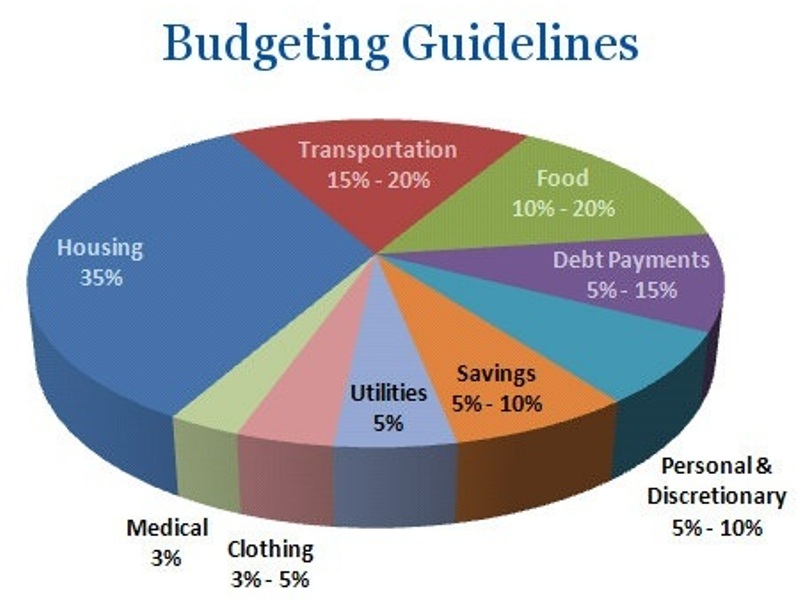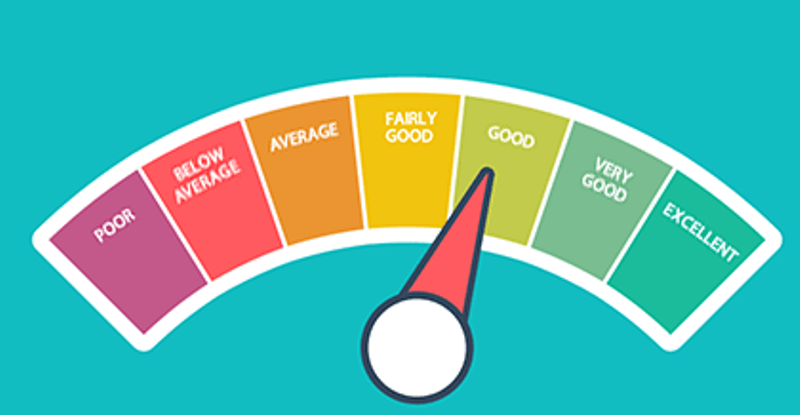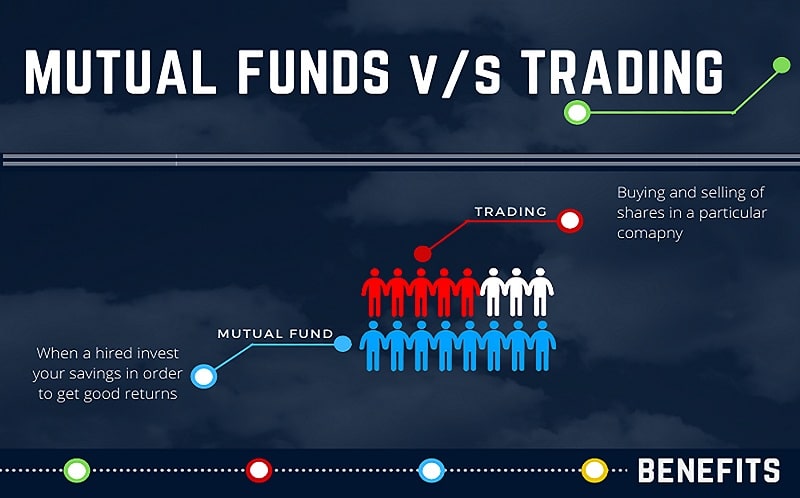When it comes to personal finance for unmarried couples, then it increased by manifolds between 2021 and 2022, and the number is continuing to grow with couples living together today being unmarried and the higher number of couples who happen to be getting married having chosen to live together initially.
Perhaps most impressive is how vast the population of living together unmarried couples is. However, even with their difference, these unmarried couples incline to share at least one habit in common: they have no plan for their financial futures unlike married couples. In truth, living together unmarried couples face specific money problems and decisions when it comes to managing personal finance. Here are a few of the personal-finance issues facing unmarried couples at present.
Joint or Separate Accounts and Asset Issues:
Financial experts suggest that in the initial stages of a bonding in which unmarried couples decide to stay together, it is better to keep assets separate to avoid property litigations afterward. Individual accounts are more important for debt, like loans or credit cards. In the end, if it is a joint account, both of those people have legal access to the assets in the specific accounts, which can be a good or bad thing depending on the scenario.
This is also right for co-owned assets like cars or houses. It can mainly be tempting to merge your assets and open an either-or survivor account when an unmarried couple has co-related expenses like rent, utilities, or groceries. Still, until you’ve made that level of commitment to the relationship (if that ultimately includes marriage), it’s best to keep most assets individually. However, here are a few tips for managing joint financial expenses while maintaining a significant share of your money and assets initially separate.
- Maintain individual accounts for your individually earned income, but open a joint checking account to which you both contribute equally for everyday expenses.
- Avoid owning property jointly. Never invest money to purchase a significant asset, like houses or cars that are held only in the name of your partner. Because you might make the financial investment, the asset will not legally be yours.
If partners decide to buy a house together, it should be like “joint ownership with rights of survivorship” or “tenants in common.” Under joint ownership, if anyone partner dies, the other inherits the property in its entirety. This makes the transfer of ownership simple but can have serious estate tax issues if ownership records are not correct. As per tenants in common, each own partner half of the property and if one partner dies, the nonexistent partner share will go to a specified person in a will or to the next of kin if the partner dies without a will.
As the relationship grows the income and assets begin to increase, partners may hire a family lawyer to agree to a domestic partnership agreement that specifies what will happen to your assets if your relationship is to be terminated by preference. Of course, both partners should have a will that outlines wishes for your assets should you pass. For the personal finance for unmarried couples this is important.
Income Tax Issues:
It is calculated that some married couples may face a “penalty” of up to 12% of their aggregate income if they fall on the negative side or sides of a series of concerning factors like having children together, how different their salaries are, and if they schedule their deduction. In case you are part of an unmarried couple, you should continue to submit your income taxes individually, to make sure of taking advantage of the significant deductions and opportunities to minimize your tax portions.
If you continue living with your partner, but remain single, you are eligible to claim the “head of household “submitting status if you support the dependent. That filing status allows you for taking the earned income credit if your income is under the result and will enable you to bring child and dependent care facilities.
If a taxpayer incurs money to share household expenses, this is generally regarded as a non-taxable justification of resources. Always share this with a tax accountant to get the benefits.
Health and Health-Related Financial Issues:
Other financial issues for unmarried couples are health-related issues, which have a significant economic impact on both individuals. Personal financial experts agree that estate documents and medical documents are essential for everyone, including unmarried live-in partners. The question of how individual decisions are made and how assets are to be taken care of when one partner dies or becomes disabled. To be equipped for these possibilities jointly, live-in couples should consider consulting an attorney and be prepared with legal documents.
Conclusion
There are other situations for which both partners may need to prepare depending on personal conditions like child custody, life insurance, and even dedicated beneficiaries on retirement descriptions. All mentioned facts are for married and unmarried couples so that they can deal effectively with financial issues.






































